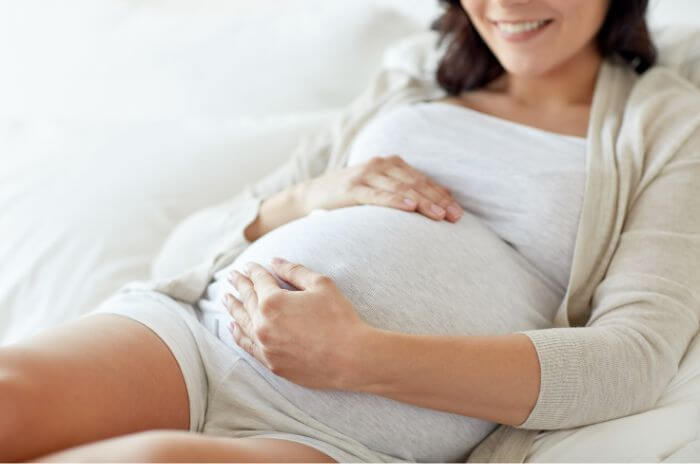
Swelling is one of the biggest bugbears of the third trimester of pregnancy for many women, as during a normal pregnancy, total body water increases by six to eight litres. About eight out of every 10 women develop oedema or swelling, owing to raised hormone levels. It may be uncomfortable, but it’s also nature’s way of weaving its magic, as your body needs all the extra fluid so it can carry nutrients and oxygen to your baby. Swelling typically bothers women the most in the legs, ankles and feet because when the uterus grows, it presses on the vena cava (a large vein on the side of your body), thus affecting your circulation and causing blood to pool in your lower extremities. The good news is that there are simple, natural approaches you can take to help reduce the discomfort and swelling.
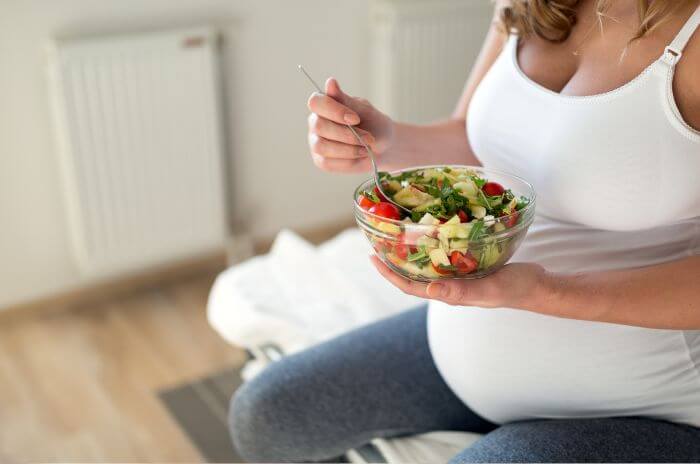
Embracing the Mediterranean Diet
One of the most important steps you can take to reduce swelling is to adopt a healthy, Mediterranean-style diet; one that is high in whole foods. One 2021 study published in the journal Nutrients found that there is a link between diet and inflammation. Specifically, there is a significant association between adherence to the Mediterranean diet and lower inflammation levels. The good news is that an anti-inflammatory regimen is easy to follow. Prioritize foods such as cooked tuna and salmon, antioxidant-rich fruits like berries, vegetables like lake, spinach, and broccoli, pulses and beans, nuts and seeds, olive and olive oil, and dark chocolate. Meanwhile, avoid processed foods (such as ready-made meals), palm oils and saturated fats, processed carbohydrates (like white bread, pasta, and baked goods), and sweets.
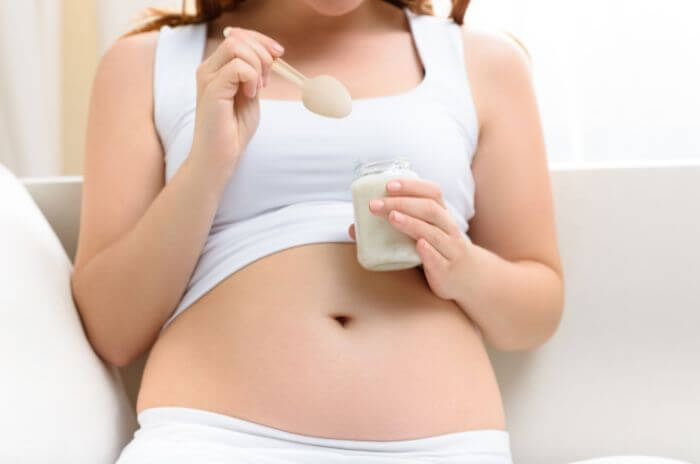
Prioritizing Potassium
Having low levels of potassium can make swelling worse since potassium helps your body regulate the amount of liquid it contains. Your prenatal vitamins probably contain extra potassium, but you can also up your quotient of this essential mineral by eating foods like bananas, spinach, beans, yoghurt, beets, potatoes and sweet potatoes with the skin on, lentils, and salmon. Meanwhile, aim to reduce beverages like caffeine (which causes you to pee more, thereby making your body think it needs to retain more fluid), and sodium (which causes fluid retention).
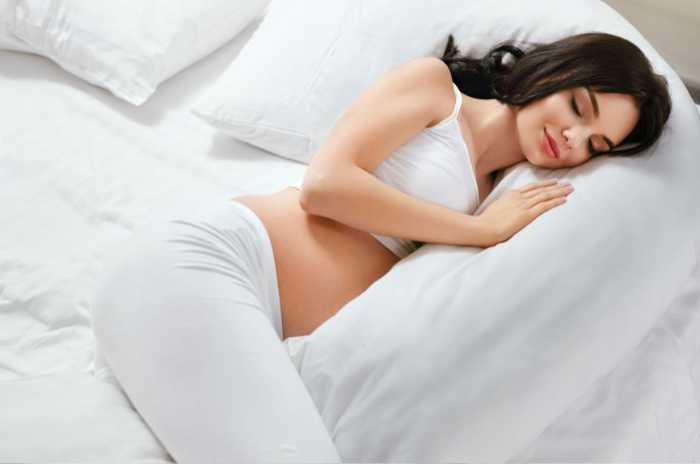
Choosing an Optimal Resting Position
In order to stop liquid from pooling in your ankles and feet when you are seated, raise your legs above heart level. This will decrease the pressure on your veins so they no longer have to work so hard to get your blood circulating. When sleeping, it is recommended to sleep on your left side, since doing so applies less pressure to your vena cava. You can also wear compression socks, which provide great relief from swelling, discomfort, and the sensation of heavy legs. There are different levels of compression, so speak to your doctor about the right pressure for you. Ideally, your socks should not be so tight that they produce discomfort, while still having a positive effect on your blood circulation.
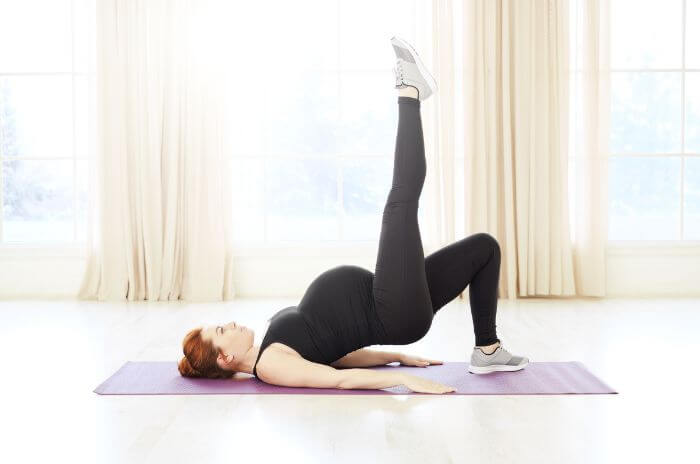
The Power of Physical Activity
Regular exercise is typically recommended for pregnant women, as staying active can help you stave off fluid retention. Swimming, brisk walking and cycling, and aqua aerobics are just a few of the many activities that can get your heart pumping. Water exercises are often recommended because the water applies compression to your body. As you move into the late second and third trimesters, you may wish to try gentle exercises such as stretching, yoga, and Pilates.

Taking a Soothing Epsom Salt Bath
A bath infused with pure Epsom salt can be blissful during pregnancy, as it can help you relax while soothing your muscles, softening your skin, and even aiding in digestion. It can also help reduce swelling and muscle pain. You can give your feet an Epsom bath or enjoy a full-body bath. Doing so is perfectly safe during pregnancy, but make sure that the water isn’t too hot.
Swelling can be a source of discomfort for women in the later stages of pregnancy. To combat swelling and inflammation, consume a healthy Mediterranean diet, sticking to whole foods, fruits and vegetables, healthy fats, and lean protein sources. Make an effort to stay active, rest in the right position, and enjoy an Epsom bath or two to soothe aches and pains and boost relaxation. Finally, mention any swelling you may notice to your doctor. Although this is usually nothing to worry about, it can be linked to preeclampsia and high blood pressure, so check with your physician to be on the safe side.
ABOUT OUR CONTRIBUTOR:
Sara is now a freelance writer who pens pieces on parenting, and lifestyle but prior to this she worked as an holistic therapist and took a keen interest in diet and fitness. She lives with her partner and their daughter and a menagerie of pets
